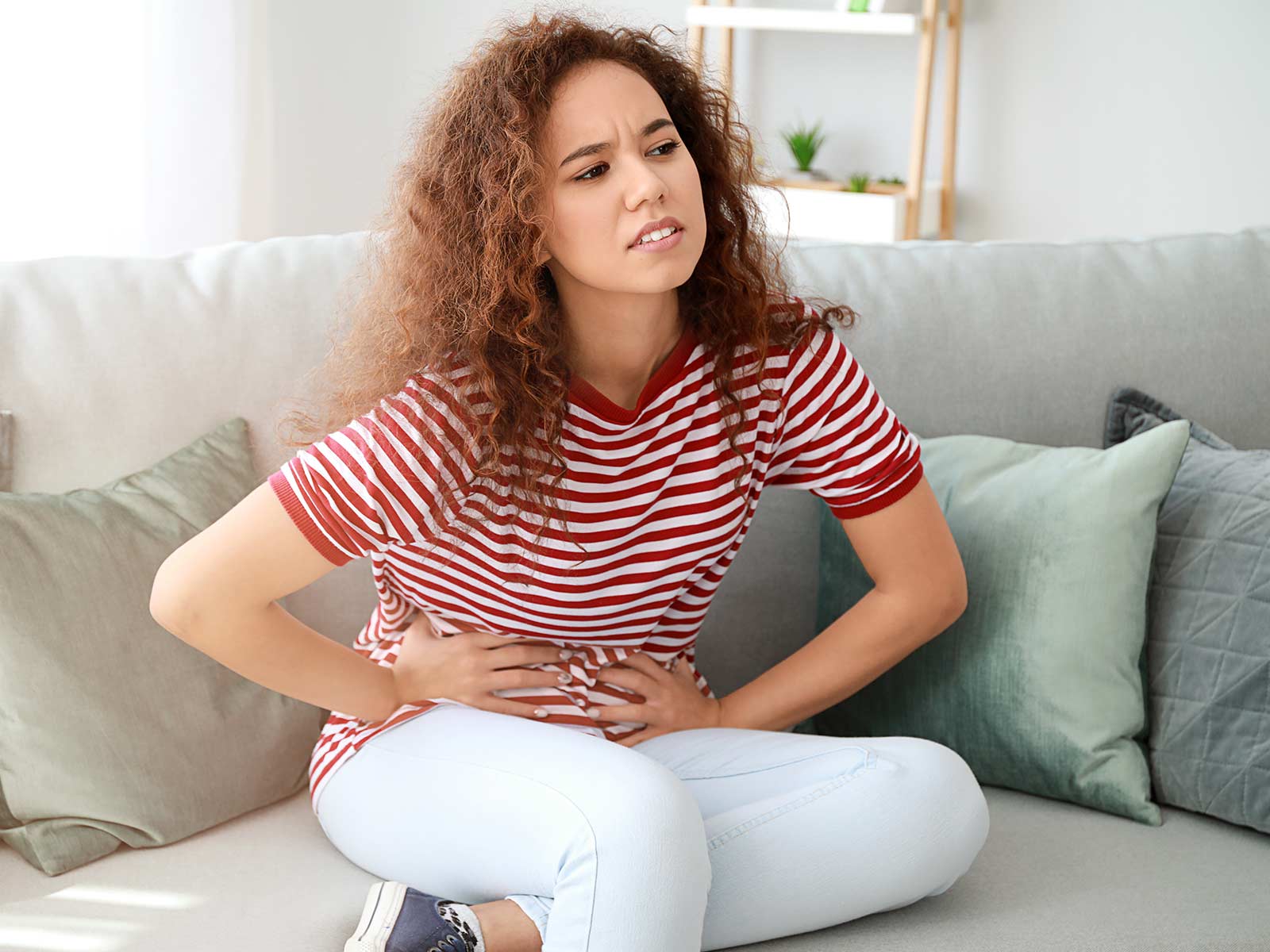
Diverticular bleeding occurs when small pouch-like openings in the wall of the colon (called diverticula) rupture and release blood into the bowel. These pouches tend to form with age, especially in people over 50, and often remain harmless until bleeding begins. The bleeding can range from mild spotting to sudden and heavy hemorrhage.
Bleeding from diverticula often starts suddenly and is usually painless. Common signs include:
Several factors may contribute to diverticular bleeding:
At GastroDoxs in Jersey Village, our gastroenterology specialists focus on the quick diagnosis and treatment of diverticular bleeding through personalized, evidence-based care. From same-day colonoscopies and endoscopic procedures to tailored dietary guidance and medication management, we prioritize your comfort, safety, and long-term well-being. Don’t wait-book your appointment today to get the relief and answers you deserve.
We've successfully treated more than 1K patients, helping individuals improve their digestive health and overall well-being through expert, personalized care.
With over 20 years of experience, GastroDoxs has been a trusted provider of gastroenterology care, focusing on delivering the best outcomes for patients
Yes. Inflammation caused by diverticulitis can sometimes erode small blood vessels within the diverticula, leading to bleeding.
Mild bleeding may stop on its own within a few hours. However, more severe bleeding can persist until treated by a healthcare professional.
It can be. Heavy or prolonged bleeding may cause significant blood loss, low blood pressure, and dizziness. Seek emergency medical care if these symptoms occur.
Treatment may involve colonoscopy with clip placement or cauterization to seal bleeding vessels, IV fluids, blood transfusions, and medication adjustments as needed.
See a doctor immediately if you notice bright red or maroon-colored stool, feel lightheaded or weak, or experience significant blood loss.
Yes. A diet rich in fiber and proper hydration promotes healthy bowel movements, reduces pressure in the colon, and may help prevent future bleeding episodes.
Some patients may need to temporarily stop or adjust blood thinners or NSAIDs to reduce bleeding risk, but only under a doctor’s supervision.
A colonoscopy is typically used to locate the source of bleeding. In some cases, imaging tests such as CT angiography or tagged red blood cell scans may also be performed.
Diverticulosis refers to small pouches (diverticula) that form in the colon wall, while diverticular bleeding occurs when one of these pouches ruptures a blood vessel and causes bleeding.
Surgery is uncommon and generally reserved for cases of severe or life-threatening bleeding that cannot be controlled with endoscopic treatment.